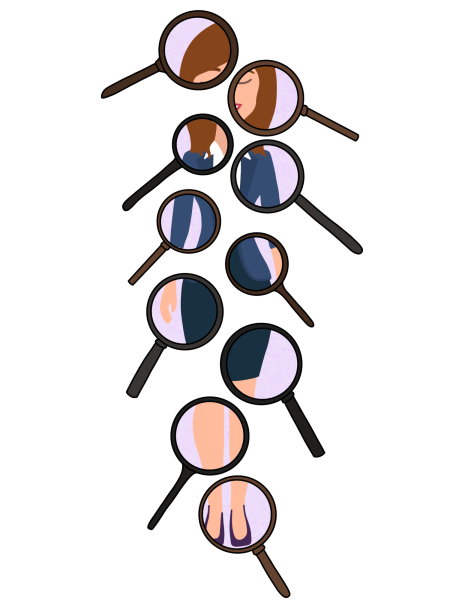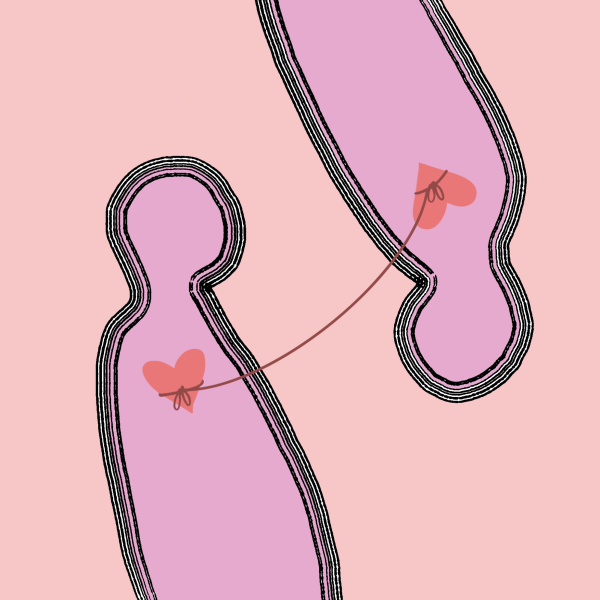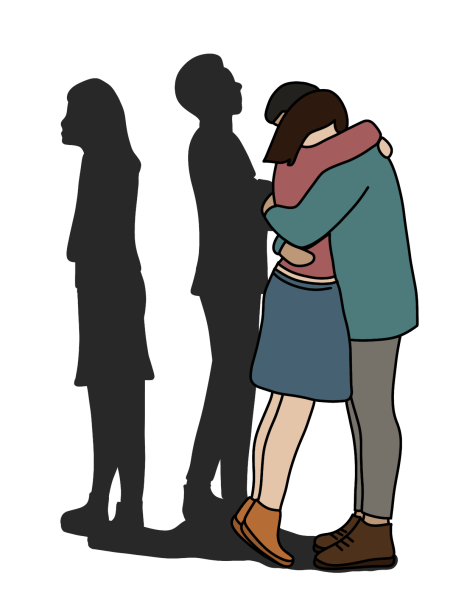Minus the City: Why You Should Delete Tinder, But Won’t
Tinder has brought about a full-scale revolution in online dating. What used to be a long process of creating a detailed profile just to then find a pretty good match, has now become a matter of a swipe to the left or to the right. Tinder has, in a sense, diminished the opportunity of finding a genuine human connection and replaced it with the superficiality of looks.
Clearly, Tinder has caused college hook-up culture to bloom even more. I mean, isn’t it just great that you can now satisfy your horniness with a click of a button, and even better, know that the person finds you attractive and you them? Not to mention, with no strings attached? It almost sounds too good to be true. And it turns out that may be because it is.
A study conducted by the American Psychological Association found that while 60 to 80 percent of college students have experienced a one-night stand, the same group of students admit they would actually prefer a long-term relationship. So maybe it’s time that we ask ourselves the question: why do we partake in something we clearly don’t want?
More than 50 percent of college students suffer daily from mental health issues like anxiety, depression and other significant psychological problems. A casual hook-up may seem like a fun way to destress and forget about the many responsibilities you have. After all, sex releases endorphins, right? Not only is this not necessarily true, but there seems to be a recurring connection between casual sex and a poor mental state. I don’t think I need to explain why a bunch of depressed teens having casual sex is probably not a good idea for their mental well-being.
Sex has been disassociated with the intimacy that it was traditionally known for. Instead, it has become an act so transactional, that unknowingly, it can be emotionally draining. By participating in this “hook-up” culture, you are unconsciously training your mind to ignore and throw away your emotions in an otherwise anxiety-provoking act. It seems obvious that this will affect the way college students are able to form relationships in the future.
The truth is, as much as many of us don’t want to admit it, being in a relationship makes us happy. As humans, we are genetically wired, through millions of years of evolutionary processes to form emotional connections with one another. There is a reason we humans feel love — not just because it is vital when finding mates and reproducing, but also because it makes us happy. Without happiness, we are not able to progress as individuals and become successful.
Erika Cristakis, an educator who specializes in early childhood development, insists that relationships can be essential in making us feel successful. Those of us who are convinced that relationships will only “get in the way of school work” will be surprised to know that it might actually help us in realizing our full potential as students.
Nevertheless, this is a phenomenon that will continue. Authentic dating is dead, and misogyny, discrimination and objectification will continue to flourish under the guise of a dating app. What is supposed to make you feel better, could potentially make you feel even worse. So maybe it’s time to ask ourselves why do we keep doing it?









